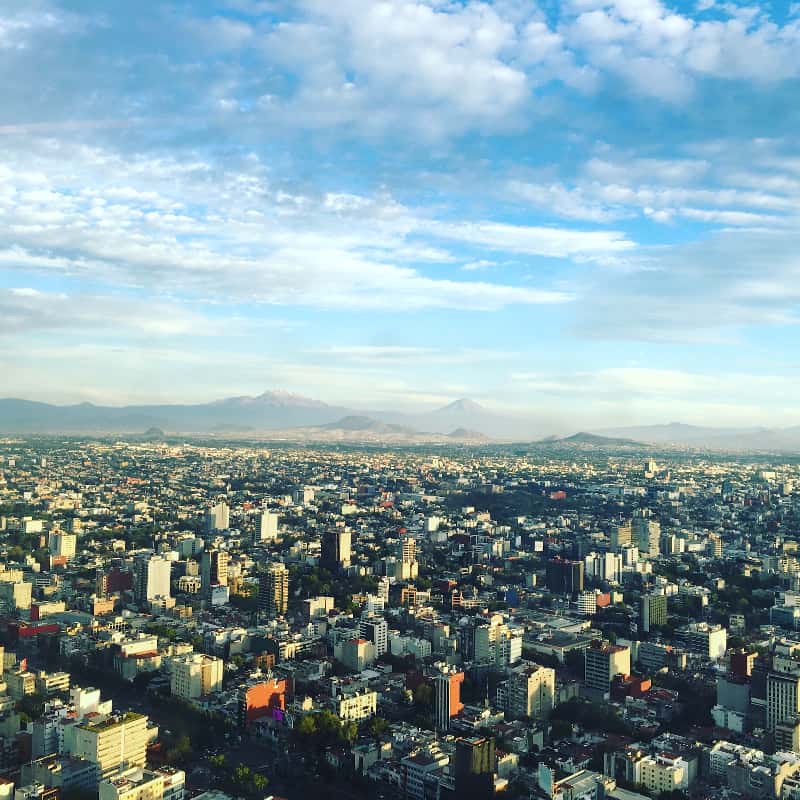Natural pollution has an impact on air quality
In Mexico's agricultural areas, although there are no measurements, it is known to be bad due to the burning of grasses and weeds. Air pollution was responsible, as of 2016, for approximately 6.5 million premature deaths worldwide, according to the UN.





